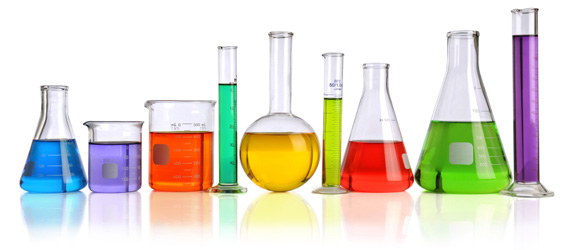
The feelings of attraction are what get us together, but love is what keeps us together. I know that falling in love includes the special feelings of infatuation and sexual desire but that is not love. Indeed, this observation is not a new distinction or discovery. Having a special “chemistry” is a common and popular expression which explains why two people are romantically charmed.
In fact, chemistry is literally what causes that special feeling. Specifically, it is the result of a neurochemical reaction to phenylethyamine which is released in the brain by a complex and unconscious interaction among our perception and our sense of smell and our pheromones.
What is important to remember here is that our experience of intense attraction and arousal is different from the reality of love.
This distinction is important because, like narcotics or alcohol, over time, more and more of the substance is needed to produce the “hit”. For example, when you first tried alcohol, a half of a beer could make you silly. As you got older it took more to for you to get a buzz.
With drugs or alcohol, if you need more to obtain the desired result, you simply have another beer until you reach your goal. With PEA however, your brain can only make so much and once you have reached your brain’s maximum output level, the intensity of the sexual thrill you once felt starts to fade.
Many folks become unnecessarily discouraged in their relationships because they falsely believe that the decline in the intensity of their sexual feeling means that their love is lessening.
Love, is not a diminishing feeling. St. Paul in 1st Corinthians 13 .4-6 (NRSV) is pretty spot on when he writes:
“Love is patient; love is kind; love is not envious or boastful or arrogant or rude. It does not insist on its own way; it is not irritable or resentful; it does not rejoice in wrongdoing, but rejoices in the truth.”
Love is that experience which transforms and expands our self-centered focus into a genuine concern for and commitment to the welfare of the other.
In contrast to the effects of PEA, the experience of love actually grows and intensifies over time. Considerate and caring treatment of one another over time increases confidence and a sense of safety. And yes, there is some chemistry attached to this as well. The bonding hormone oxytocin, which is associated with a feeling of closeness and intimacy, is not like a narcotic. Its effect deepens and does not decline.
The best news of all: Increased trust and safety are the most important prerequisites for great sex ! The thing is, building trust takes time and effort and is not quickly created.
Not surprisingly, advertisers and most of the Valentine’s Day promotions focus on and emphasize the quick and sensational aspects of romantic attraction and pleasure. It’s not that there is anything wrong with eroticism or pleasure but those aspects of a relationship, while important, are not the things that ultimately sustains couples and enables their intimacy to deepen and grow.
And here is something for guys. In men’s endless quest for an aphrodisiac, it is ironic that they often overlook the number one thing, that women say in survey after survey, that really turns them on: Consistent loving behavior, i.e. Attentiveness and consideration which makes life easier for them. For example flowers and chocolate are be nice but what really gets her going it the sight of her man vacuuming!
Bottom line: Consistent loving behavior, i.e. being considerate and attentive, are the keys not only to maintaining a relationship but also to keeping the flames of passion burning brightly and improving and enriching your spiritual closeness.
Happy Valentine’s Day!


